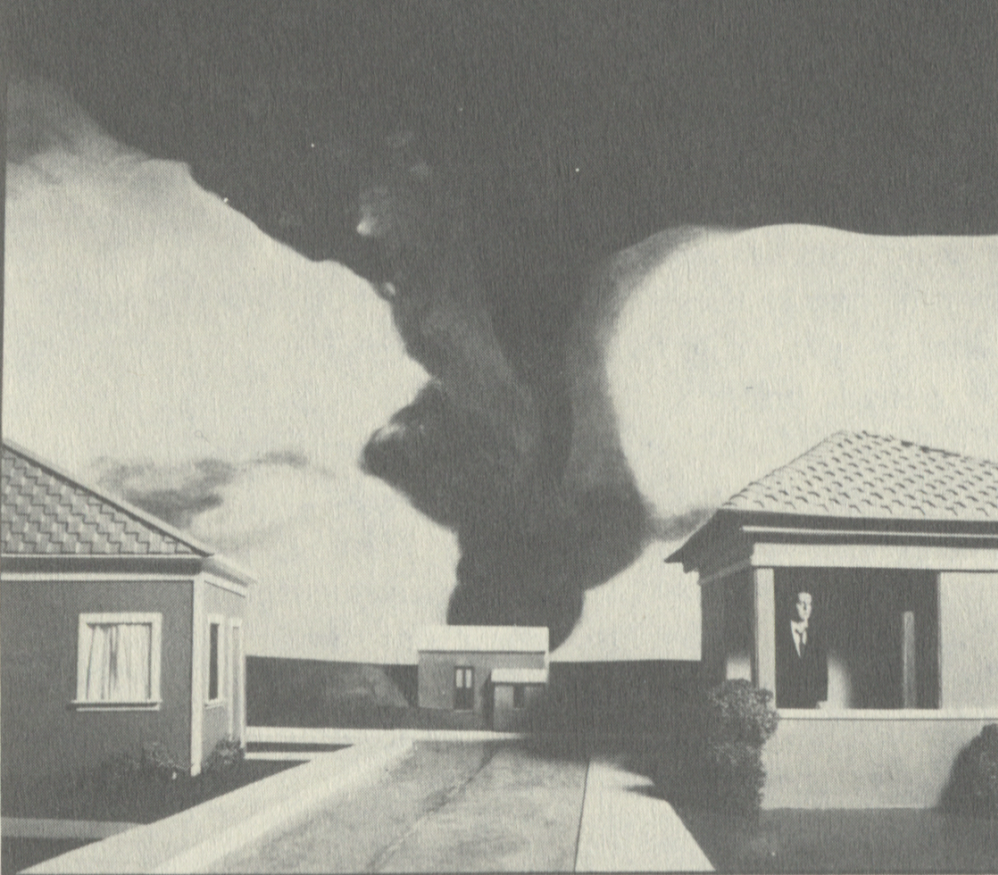The Rejection Plot - The Paris Review

🌈 Abstract
The article explores the topic of rejection, examining how it is often portrayed in literature and media, and how individuals respond to it. It delves into the psychological and emotional aspects of rejection, as well as the potential consequences, including the development of harmful narratives and even violence.
🙋 Q&A
[01] The Rejection Plot
1. What are the key characteristics of the rejection plot as described in the article?
- Rejection offers no obstacles to surmount or milestones to mark, as the state of affairs remains unchanged.
- Rejection lacks the drama and closure of other plots, leading to a feeling of endless languishing.
- Rejection can lead the rejected to project elaborate narratives and fantasies to make sense of their situation.
- The lack of a clear script or narrative for rejection can invite the rejected to devise their own parallel reality.
2. How does the article contrast rejection with heartbreak?
- Heartbreak implies a past acceptance, whereas rejection means the rejected party never warranted a try.
- Heartbreak, though unpleasant, is at least something shared with another person, whereas rejection makes only one reject.
3. What are some of the strategies the article discusses for dealing with rejection?
- Turning down offers of consolation or friendship, and hiding all traces of misery.
- Behaving in a cheerful, forgiving, and busy manner, rather than dwelling on the pain.
- Rejecting the rejection itself through persistence and delusion, as seen in the examples of Mr. Collins and #OP.
[02] The Revenge Plot
1. How does the article describe the potential for rejection to escalate into violence?
- The article cites numerous examples of mass shootings and other acts of violence committed by individuals who had experienced recent romantic rejection.
- It suggests that the blankness of the rejection plot can lead some to reconceive their rejection as a top-tier catastrophe, fueling a desire for revenge and a sense of justice.
- The article explores how the lack of closure in the rejection plot can drive individuals to co-opt other narratives, such as those of martyrdom or divine retribution, to give meaning to their suffering.
2. What does the article say about the role of fantasy and delusion in the revenge plot?
- The article suggests that the killers' fantasies of revenge often dwarf their actual deeds, as they envision scenarios of mass death and destruction.
- It connects this to a desire to assert the reality and intensity of the pain they feel, as well as a belief that their actions can serve a higher purpose.
[03] Alternatives to the Revenge Plot
1. How does the article present Bernardo Soares, the protagonist of Fernando Pessoa's The Book of Disquiet, as an alternative to the typical rejection narrative?
- Soares radically accepts his condition as a reject, and even aestheticizes it, finding beauty and perfection in the very unattainability of love.
- Rather than trying to bring his parallel life in line with his real one, Soares rejects both, arguing that the world's beauty is located in its unattainability.
- The article suggests that Soares's perspective represents a "heroic" approach to dealing with rejection, one that does not degrade love but actually appreciates it.
2. What does the article suggest about the virtue of accepting unrequited love?
- The article argues that if the price of love is losing oneself in another, then accepting unrequital is a form of self-knowledge that does not pretend acceptance comes with any greater reward.
- It suggests that even if everyone would prefer the fulfillments of love, the virtue of its absence should not be negated.